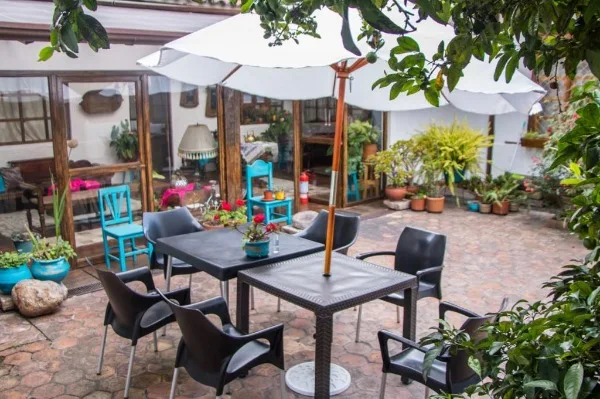Trump’s pick to head U.S. Homeland Security casts a suspicious eye on Latin America
By Franco Ordoñez
President-elect Donald Trump’s pick to lead the Department of Homeland Security has warned that terrorists could use human smuggling routes to bring weapons of mass destruction into the United States.

U.S. General John Kelly
It’s just one of the alarm bells retired Marine Gen. John Kelly has rung about the potential dangers from the United States’ southern neighbors, views that have caused unease among those who follow and work with Latin American governments. Some see such comments as hyping a threat for which there is little evidence.
Kelly is no stranger to Latin America. As commander of the South Florida-based U.S. Southern Command, he oversaw operations and security cooperation for Central America and South America. He’s studied the well-resourced transnational criminal organizations that have torn at the social and economic fabric of Central America. He understands how the spreading influence of criminal networks and gangs has pushed thousands of migrants from Central America to the United States. But it’s not only a direct threat to Central America, he says.
“In my opinion, the relative ease with which human smugglers move tens of thousands of people to our nation’s doorstep also serves as another warning sign: These smuggling routes are a potential vulnerability to our homeland,” Kelly told the Senate Armed Forces Committee last year. “As I stated last year, terrorist organizations could seek to leverage those same smuggling routes to move operatives with intent to cause grave harm to our citizens or even bring weapons of mass destruction into the United States.”
Kelly said Hezbollah has supporters from the Lebanese diaspora in Latin America who are involved in lucrative illicit activities like money laundering and trafficking in counterfeit goods and drugs. The criminal networks exploit corruption and lax law enforcement in Argentina, Brazil, Paraguay, Panama, then send some of their revenue back to Lebanese Hezbollah.
Kelly acknowledges the extent of terrorist financing generated in Latin America is unknown, but said it’s clear that terrorists and militant organizations easily tap into the international illicit marketplace to underwrite their activities and obtain arms and funding to conduct operations.
Hezbollah’s activity in South America is not a new subject. Politicians in Washington long held up Hezbollah and other violent groups as one of the biggest dangers in Latin America. When running for president in 2011, former Massachusetts Gov. Mitt Romney said Hezbollah posed “a very significant and imminent threat” to the country.
Romney and others often site a 2011 American Enterprise Institute paper, “The Mounting Hezbollah Threat in Latin America,” that saw Hezbollah using the Western Hemisphere as a staging ground, fundraising center, and operational base “to wage asymmetric warfare against the United States.”
Fact checkers have studied these and similar terrorism allegations repeatedly and questioned the evidence that Hezbollah cells are truly active in the region.
It may be true that Hezbollah has support in the region from Lebanese immigrants who fled the country in response to the bloody Lebanese Civil War in the 1980s. But a March 2010 Congressional Research Service report found that Hezbollah’s focus in the region was mostly fund-raising and not operation support.
“We spent a day digging into the claim and found the support was pretty flimsy,” Politifact reported. “The paper actually provides little evidence that operational cells for Hezbollah are truly active in Mexico and Latin America. It says Hezbollah uses the region to raise money that is channeled back to Lebanon.”
_________________
Credit: Kansas City News, www.kansascity.com





















